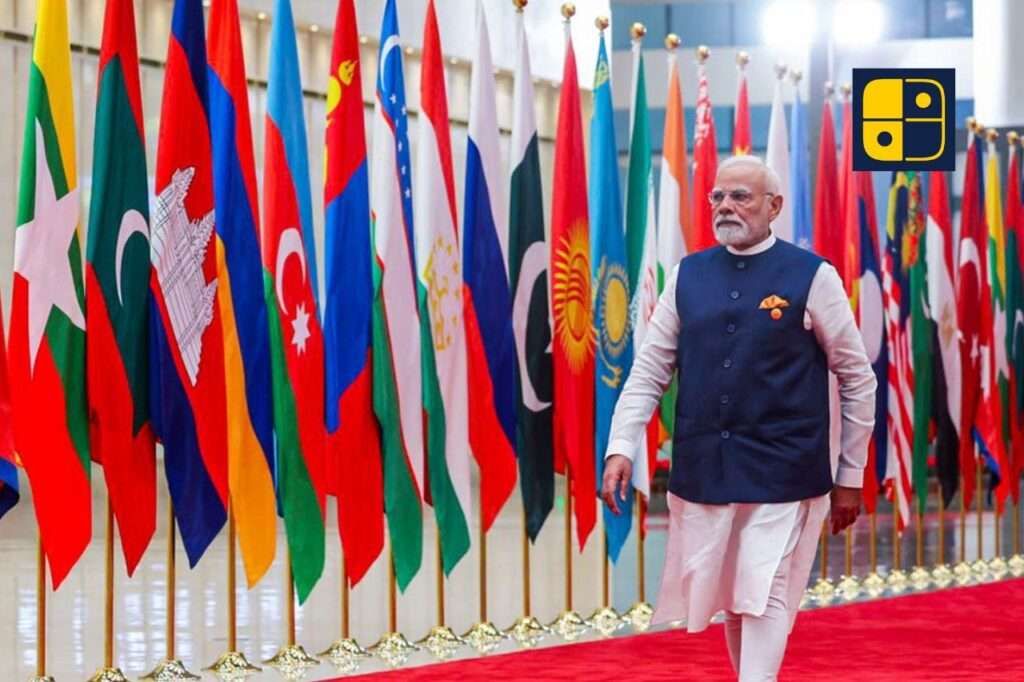Peter Navarro’s statement that “Brahmins are profiteering from Russian oil” is not just inaccurate, it is a disgrace. This kind of caste-loaded insult has no place in global diplomacy. It reeks of colonial arrogance, ignorance of India’s social realities, and a deliberate attempt to pit communities against each other for cheap political gain. For a former U.S. official to peddle such venom is shameful.
Indian responses have been scathing. External Affairs Minister S. Jaishankar brushed aside the smear with facts: India buys oil from multiple countries including the U.S. and if critics dislike refined exports, “they simply shouldn’t buy them.” Energy Minister Hardeep Singh Puri rightly called the charge false and malicious, noting India’s actions actually helped stabilize global prices. The truth is simple: India is playing by the rules, while Navarro is peddling conspiracy theories dressed up as tariffs.
On X, outrage was louder still. Congress leader Priyanka Chaturvedi called the comment “sinister, shameful,” accusing Navarro of deliberately weaponising caste fault lines. Economist Sanjeev Sanyal slammed it as “colonial stereotyping” straight out of the 19th century. Journalists called it what it is: toxic rhetoric with racist undertones.
Let’s be blunt: Navarro’s remark is casteist, racist, and policy-illiterate. It insults 1.4 billion Indians by reducing a nation’s energy policy to a caricature about one community. Worse, it trivializes global energy debates into cheap culture-war soundbites. If this is the intellectual standard behind Trump’s tariff agenda, it deserves not analysis but outright rejection.
This is not “tough talk.” It is intellectual bankruptcy and diplomatic vandalism. The world deserves trade policy built on facts, not on stereotypes, slurs, and bigotry.

